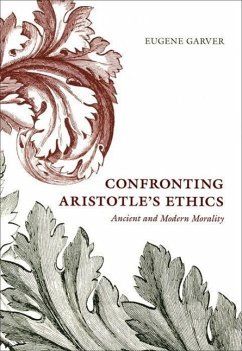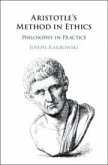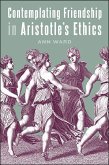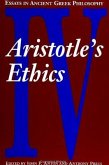What is the good life? Posing this question today would likely elicit very different answers. Some might say that the good life means doing good--improving one's community and the lives of others. Others might respond that it means doing well--cultivating one's own abilities in a meaningful way. But for Aristotle these two distinct ideas--doing good and doing well--were one and the same and could be realized in a single life. In Confronting Aristotle's Ethics, Eugene Garver examines how we can draw this conclusion from Aristotle's works, while also studying how this conception of the good life relates to contemporary ideas of morality. The key to Aristotle's views on ethics, argues Garver, lies in the Metaphysics or, more specifically, in his thoughts on energeiai, kineseis, and dynameis--activities, actions, and capacities. For Aristotle, Garver shows, it is only possible to be truly active when acting for the common good, and it is only possible to be truly happy when active to the extent of one's own powers. But does this mean we should aspire to Aristotle's impossibly demanding vision of the good life? In a word, no. Garver stresses the enormous gap between life in Aristotle's time and ours. As a result, this bookwill be a welcome rumination on not only Aristotle, but also the relationship between the individual and society in everyday life.
Hinweis: Dieser Artikel kann nur an eine deutsche Lieferadresse ausgeliefert werden.
Hinweis: Dieser Artikel kann nur an eine deutsche Lieferadresse ausgeliefert werden.








